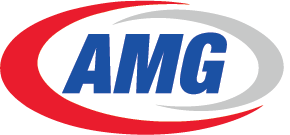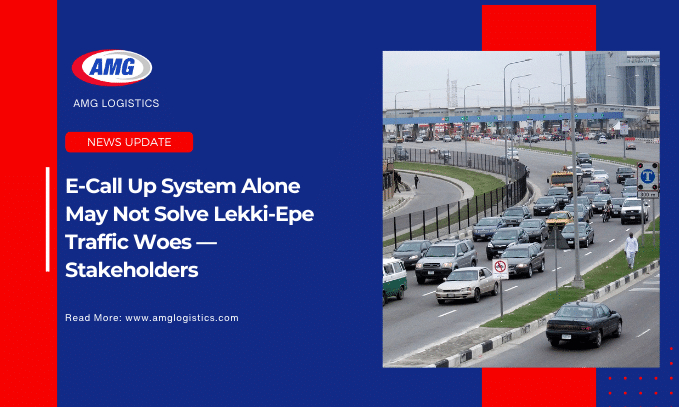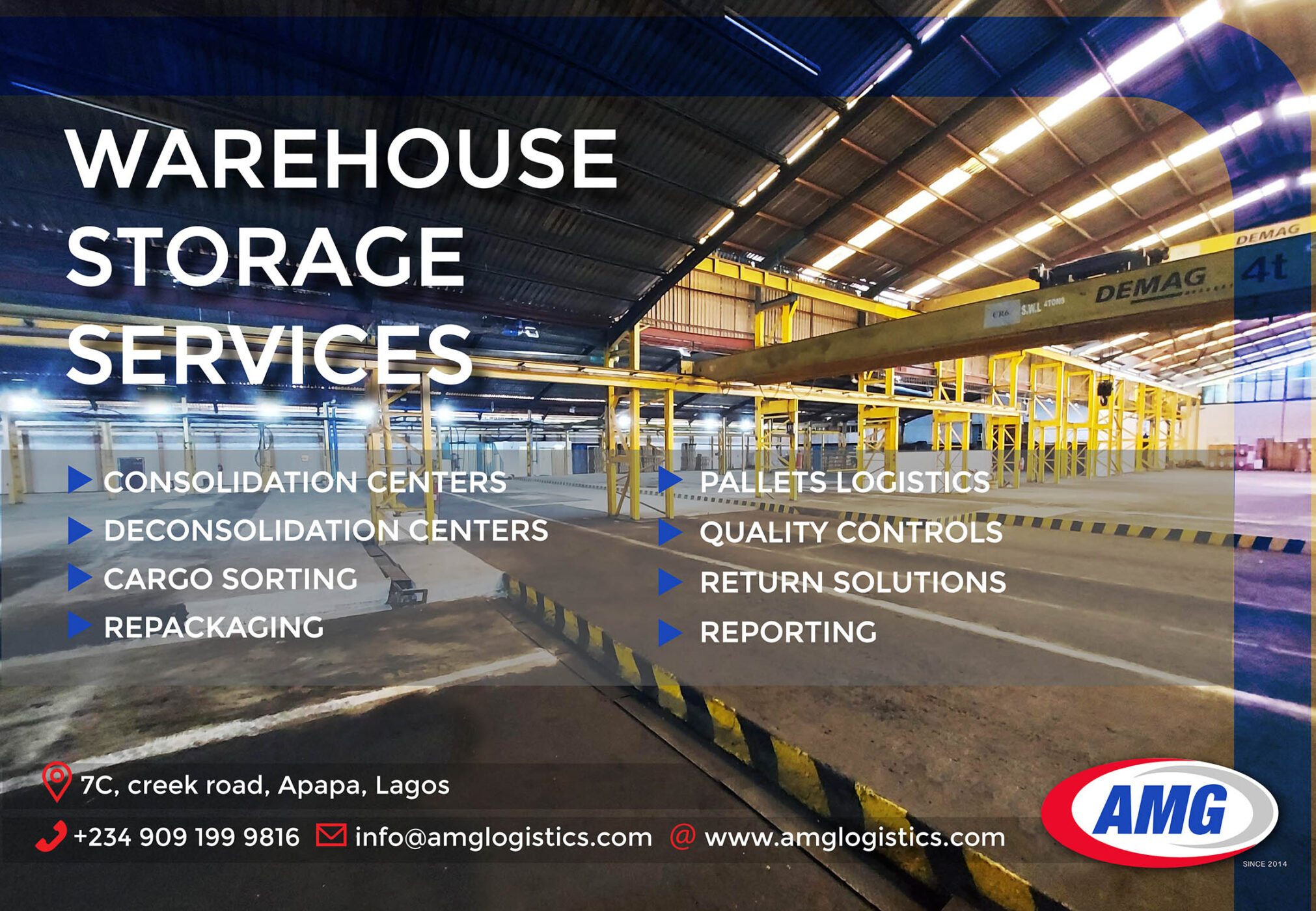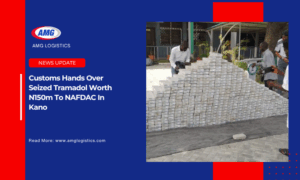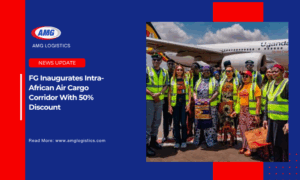As Lagos State prepares to implement an electronic call-up (e-call up) system to manage truck and tanker movements at the Lekki-Epe Free Trade Zone, drivers and key stakeholders have argued that the initiative may not fully resolve the notorious traffic congestion in the area.
While the e-call up system, slated to begin on September 23, 2024, aims to digitally schedule and coordinate truck activities, critics claim that without additional infrastructure such as holding bays, the solution may fall short while echoing the shortcomings of a similar system implemented in Apapa.
According to a statement released by the Lagos State Ministry of Transportation on September 15, the e-call up system is part of the state’s efforts to ease traffic congestion as trucks flock to the zone to serve the newly-operational Dangote Refinery and the existing Lekki Deep Sea Port.
However, industry players, including truck drivers and their associations, are calling for the state government to complement the system with truck holding bays, improved road infrastructure, and robust enforcement to ensure the success of the initiative.
In a chat with our correspondent, Aloga Ogbogo, Executive Secretary of the National Association of Road Transport Owners (NARTO), expressed concerns that the e-call up system, while a positive step, may not address the full scope of challenges faced by truck drivers and transporters in the Lekki-Epe corridor.
“While it’s commendable that the Lagos State government is introducing an e-call up system, it cannot function effectively without the necessary infrastructure to support it,” Ogbogo said. “We need a proper truck holding bay where these trucks can wait before being called for loading. Without this, trucks will end up clogging the roads, similar to what we saw in Apapa.”
Ogbogo emphasized that the lack of infrastructure at the Dangote Refinery could compound the situation. “As of my last visit, there was no dedicated holding bay in place. If trucks are left to queue along the road, it will create significant traffic bottlenecks. The road itself is in poor condition, and without urgent repairs, the traffic situation will only worsen once trucks begin regular trips to and from the refinery,” he added.
Ogbogo also raised concerns about the transparency and efficiency of the e-call up system, referencing the issues experienced in Apapa. “The e-call up system in Apapa was rife with fraud and did not solve the traffic problem. It is crucial that the Lagos State government learns from these mistakes and ensures this new system is more transparent and better enforced,” he cautioned.
On his part, Alhaji Abdullahi Mohammed Inuwa, Chairman of NARTO’s Metropolitan Unit, also weighed-in on the issue, emphasizing that the state government had previously postponed the implementation of the e-call up system due to protests, and further delays or lack of proper planning could result in chaos.
“I will be very surprised if a functional e-call up system is not fully in place by September 23,” Inuwa remarked. “The Lagos State government had initially set August 1, 2024, as the start date, but it was postponed due to the ‘End Bad Government’ protests. If they miss this new deadline, we’re looking at a traffic situation reminiscent of the Apapa-Tin Can axis, with trucks piling up from Eleko Junction all the way to the refinery.”
Inuwa recommended that the Lagos State government work closely with companies oprating in the zone, such as the Dangote Refinery and the Lekki Deep Sea Port, to create truck holding areas on their premises. “At the very least, these companies should provide space for trucks to park while waiting to load. For example, the Dangote Refinery could accommodate around 100 trucks at a time, which would go a long way in preventing road blockages,” he noted.
On his part, John Ojo, a truck driver who frequently travels through the Lekki-Epe corridor, shared his skepticism. “The e-call up system sounds good on paper, but we need a holding bay where trucks can wait. Without that, the roads will still be clogged, and it will be business as usual—long waits, bribes, and frustration”, he said.
Another driver, Samuel Eze, added that lessons from Apapa should guide the implementation at Lekki-Epe call-up system. “I’ve seen the same e-call up system in Apapa, and it didn’t work well. You still had trucks lining the roads, and the traffic was unbearable. If the government wants this to work, they need to enforce it properly and provide spaces where we can park and wait”, he advised
